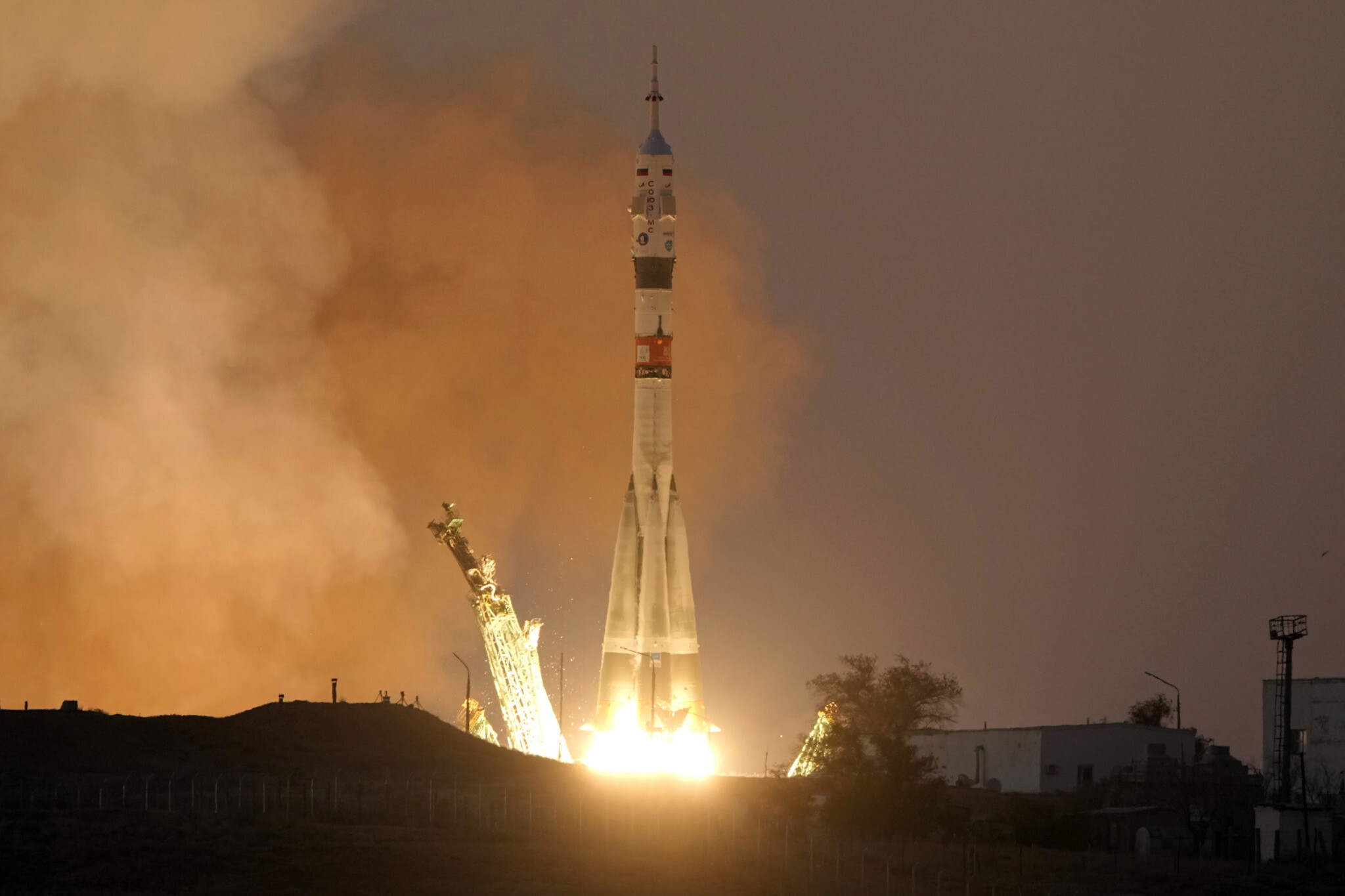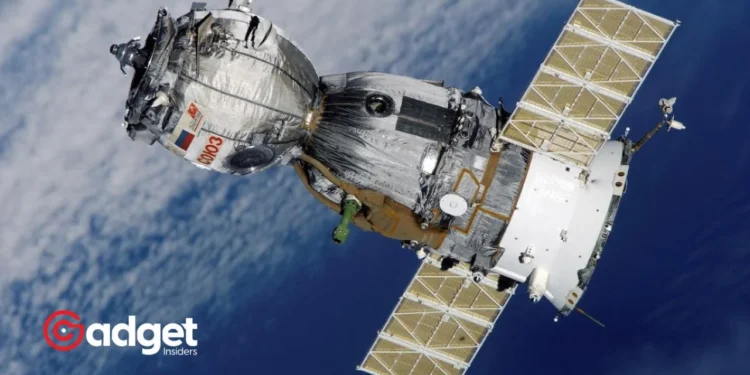In an unfolding drama that feels plucked straight from the pages of Cold War fiction, Russia has issued a stark warning to the United States, specifically targeting plans by US intelligence to harness the capabilities of SpaceX for espionage. This development not only reignites the space race but also underscores the ever-blurring lines between commercial space exploration and national security interests.

The Heart of the Controversy: SpaceX’s Classified Endeavors
At the core of this international spat is SpaceX’s ambitious project to construct a network of spy satellites. According to reports from Reuters, this initiative is part of a classified contract with a US intelligence agency, believed to be under the banner of SpaceX’s Starshield business unit.
With a staggering $1.8 billion on the books since 2021, the contract with the National Reconnaissance Office (NRO) marks a significant moment in the relationship between Elon Musk’s commercial space venture and the Pentagon’s spy satellite operations.
These satellites, intended to orbit the Earth at low altitudes, promise to revolutionize the United States’ military capabilities by enabling rapid identification of potential targets worldwide. This technological leap could drastically shift the global strategic balance, offering the US government unprecedented surveillance powers.
Read "Russia warns US, again: SpaceX satellites used for military purposes may become targets' on SmartNews: https://t.co/IOM9BsdLrl
— Software Developer (@dmkavanagh) March 22, 2024
Russia’s Response: A Warning and a Resolution
Reacting to these developments, Maria Zakharova, a spokeswoman for the Russian Foreign Ministry, did not mince words. She accused Washington of enlisting private sector players like SpaceX to further its military ambitions in space.
Zakharova’s statements serve as a reminder of the potential militarization of civilian space assets, suggesting that such satellites could be considered valid military targets.
In a move that seems to be both a diplomatic gesture and a strategic counter, Russia has introduced a draft resolution in the UN General Assembly. This document, as reported by the Russian news outlet Sputnik, seeks international consensus on the prohibition of using civilian space infrastructure for aggressive purposes against geopolitical rivals.
The Bigger Picture: A Renewed Space Race?
This episode is more than a bilateral dispute; it symbolizes the complex dynamics of modern space exploration, where commercial ventures and national security interests intersect and sometimes clash. The involvement of SpaceX, a symbol of the commercial space race’s potential, in military contracts, blurs the lines between civilian and defense space activities.

Moreover, the reactions from both Russia and the United States illuminate the broader geopolitical implications of space technology. With the US developing sophisticated spy satellites and Russia warning against their deployment, the space above us becomes an increasingly contested domain.
Navigating a Delicate Frontier
The unfolding narrative around SpaceX’s spy satellite network and Russia’s stern warning highlight a critical juncture in space exploration. As nations and private entities delve deeper into the cosmos, the space around Earth is no longer just a frontier of scientific endeavor but a stage for strategic competition.









